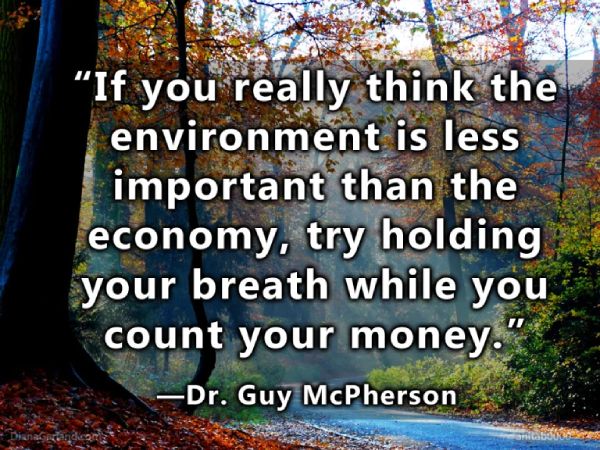Ben Bernanke was Chair of the Federal Reserve from 2006 until 2014. As most people know, the Federal Reserve Bank is the private bank that makes important policy decisions about the economy in the Divided States of America. It is the most powerful economic institution in the U.S., and probably in the world.
Its core responsibilities include, for example, setting interest rates, managing the money supply, and regulating financial marks.
In sharp contrast to the work currently conducted by the Federal Reserve system, many people believe the Constitution of the United States mandates that currency be printed only by the federal government. In fact, U.S. President John F. Kennedy was assassinated less than six months after he signed Executive Order 11110 on 5 June 1963. This Executive Order restored the right of the American people to print their own money. Specifically, it mandated the U.S. Treasury print the currency used in this country. Some say the Treasury Department was printing currency when Kennedy was killed, although I suspect we will never know all the facts about who was doing what more than 60 years ago.
Five decades before Kennedy signed Executive Order 11110, the Federal Reserve Bank was created during the Woodrow Wilson administration in the United States. This private bank was established on 23 December 1913. The idea for the bank was hatched by six men in late November 1910, about three years before Wilson signed the legislation allowing for its creation. Nelson Aldrich, A. Piatt Andrew, Henry Davison, Arthur Shelton, Frank Vanderlip, and Paul Warburg thus became among the most important people in history, and yet almost nobody knows their names. These six men met on Jekyll Island, off the coast of Georgia in the southern United States. If you have time to investigate the creation and maintenance of the Federal Reserve System, I encourage you to do so. I suspect you will be unpleasantly surprised. For example, there is little doubt that the Constitution of the United States does not grant the federal government the right to create a central banking system, much less a private one.
Let’s return to Ben Bernanke and his two terms as chair of the Federal Reserve System. During his tenure, he admitted that nearly every bank in the country almost failed. This was shortly after the price of oil peaked at $147.27 per barrel in mid-2008. The story about banks on the brink of failure, published on 28 January 2011, has been critically under-reported during the last 13 years. Also, Bernanke failed to mention that such an outcome almost certainly would have terminated Industrial Civilization shortly after the demise of any one of the several banks deemed “too big to fail.”
Anyone with even the slightest understanding of the aerosol masking effect knows better than to believe that slowing or stopping industrial activity is a good idea. This factor alone could contribute significantly to the near-term loss of all life on Earth resulting from a 5-6 C global-average rise in temperature over the course of the next few years, much less over the next few centuries. Tack on myriad other factors certain to follow, such as the additional release of methane and carbon dioxide into an atmosphere already saturated with methane and carbon dioxide, and the future looks bleak. Never mind the importance of the rate of environmental change, which is already occurring too quickly for most of our closest cousins to keep up. With respect to our knowledge of the industrial economy and abrupt climate change, I suspect most of us are still catching up to the people pulling the strings of empire, as I indicated in a peer-reviewed article published in September 2019.
At the root of our shared predicament lies the concept of ownership, as I mentioned previously in this space and also at guymcpherson dot com. I used to believe that this concept would diminish greatly in importance as more important events began to unfold. I was thinking about events such as massive hurricanes, major rivers drying up, the loss of habitat for humans and other animals, and a megadrought or two leading to the inability to grow grains at scale. Alas, I was clearly incorrect about the impending decline of the importance of ownership: Ownership still ranks among the most important factors in the lives of most people. The idea that winning is connected to people who die with the most toys still dominates this culture. Apparently, this insane notion will persist until the last person dies … with all the money, cryptocurrency, and precious metals in the world.
This is winning? Not to me. Whereas I agree that access to fiat currency and the many attendant privileges is considerably more fun than not having money, I would gladly trade all the money in the world for the retention of life on the only planet known with certainty to support life. It’s a quirky idea, I know.
Author
"Dr. Guy McPherson is an internationally recognized speaker, award-winning scientist, and the world’s leading authority on abrupt climate change leading to near-term human extinction. He is professor emeritus at the University of Arizona, where he taught and conducted research for twenty years. His published works include 14 books and hundreds of scholarly articles. Dr. McPherson has been featured on TV and radio and in several documentary films. He is a blogger, cultural critic, and co-host of his own radio show “Nature Bats Last.” Dr. McPherson speaks to general audiences across the globe, and to scientists, students, educators, and not-for-profit and business leaders who seek their best available options when confronting Earth’s cataclysmic changes." source



